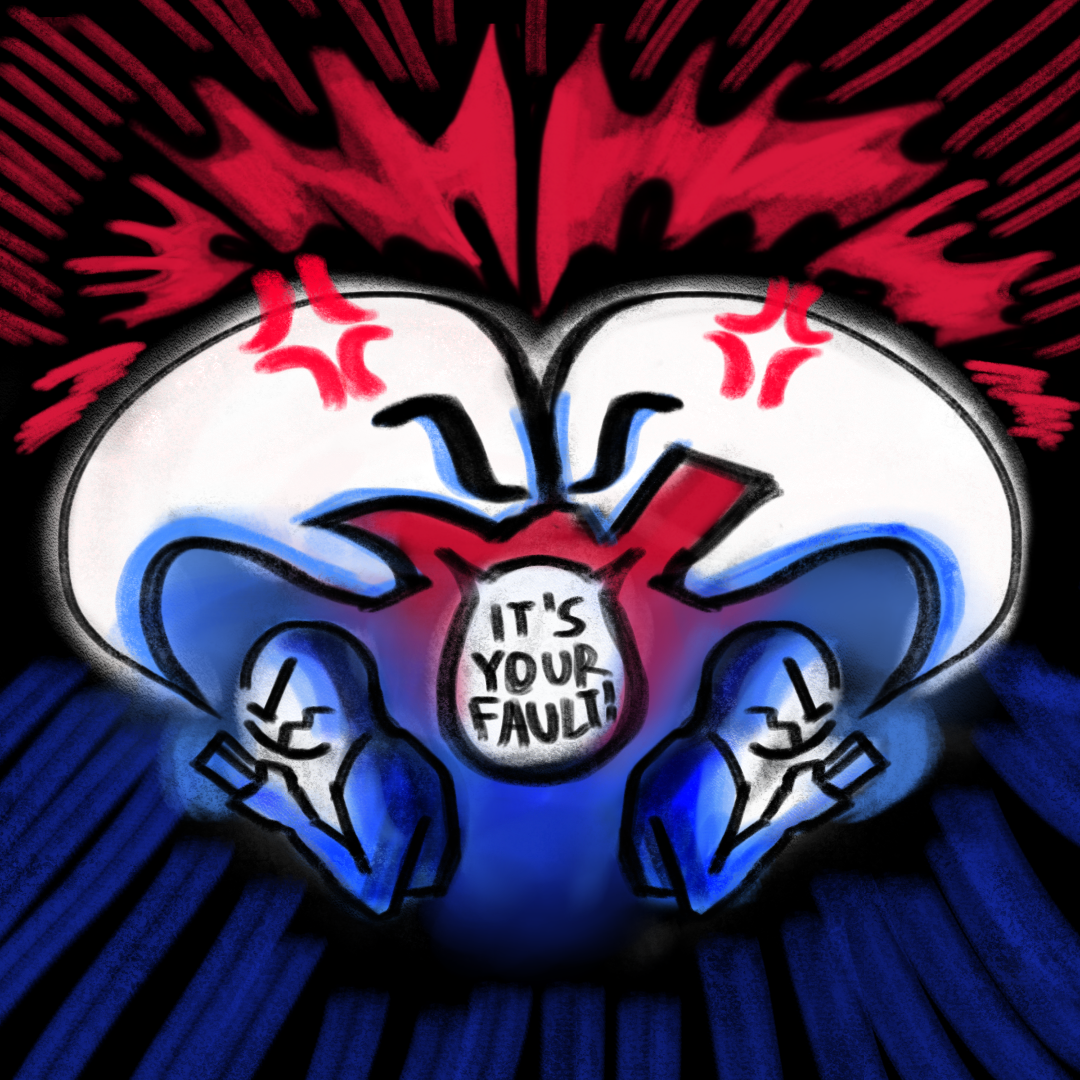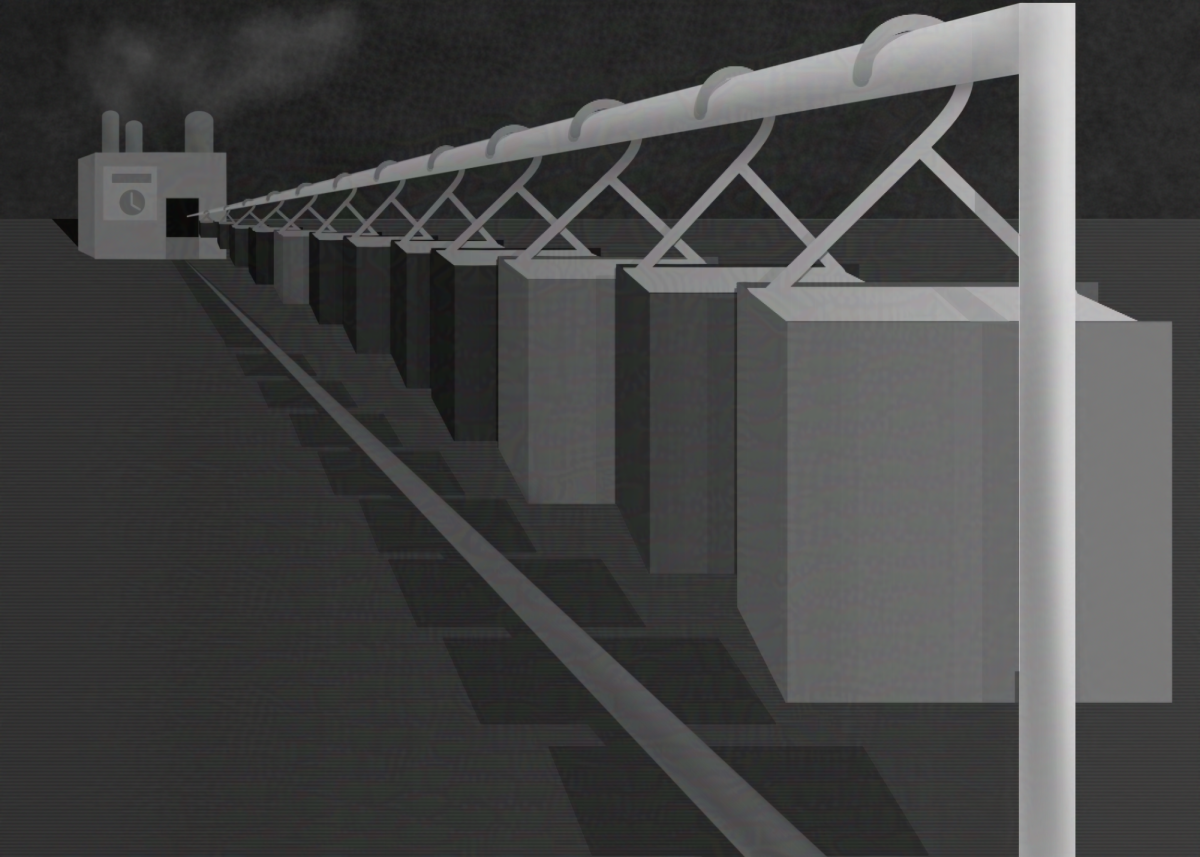At San Diego State, along with every other California State University, when a student is accused of sexual assault, he or she goes through the same judicial process as any other form of misconduct. SDSU’s Title IX investigation process and Student Code of Conduct investigation, which are broad investigations that cover nearly every disciplinary action in the books, determine whether the accused will be found guilty and face consequences. These actions taken on part of the university are independent from the district attorney’s criminal investigations and charges.
With the amount of sexual assaults being reported on college campuses nationwide, this statewide procedure for handling sexual assault doesn’t seem to be as strong as it should be. By allowing students who are accused and found guilty by the SDSU Police Department to face lesser charges with the school because the investigations have to remain independent, SDSU isn’t giving victims the justice they deserve. By separating these investigations, it also leaves room for false allegations towards the accused, giving an innocent student no real chance for justice since the school isn’t allowed to use independently accumulated evidence for further investigation.
“Disciplinary action resulting from both investigations is determined on a case-by-case basis and could include a variety of actions, ranging from no action to expulsion from the California State University system,” said Chief Communications Officer Greg Block.
This disciplinary action is not enough, nor is it in accordance with the punishments given to students by the police, which it should. These investigations need to be separated from the typical discrimination, harassment and retaliation judicial processes simply because of the severity of the growing issues surrounding sexual assault.
The most efficient solution would be to allow the district attorney’s criminal investigation to team up with the school, ensuring the accused, as well as the victim, is given due process.
“I don’t understand why the school doesn’t combine forces with the district attorney and not only give the accused a fair ‘trial’ of sorts, but also the victims some justice when it is deserved,” journalism sophomore Brad Edwards said. “The punishment the accused receives should mirror their punishments with the school. Why would they get away with sexually violating a fellow student when the law is punishing them? It doesn’t make any sense to have them be separate investigations.”
A California lawmaker has now proposed legislation that would push colleges in the state to punish students found guilty of sexual assault with at least a two-year suspension and this needs to happen. Nationally, at least 105 schools are under similar federal reviews of how they handle sexual violence. Some schools, such as Stanford University, have even launched their own review of their policies and have considered changing how they punish these offenders.
SDSU has had 10 reported sexual assaults in the first three months of this school year alone and although it has taken action to educate their students on how to prevent sexual assault, their judicial process hasn’t changed.
It’s time for SDSU to realize the severity of the problem and just like any other misconduct, if students aren’t punished for their actions, there’s no way for them to learn and grow from their mistakes.






